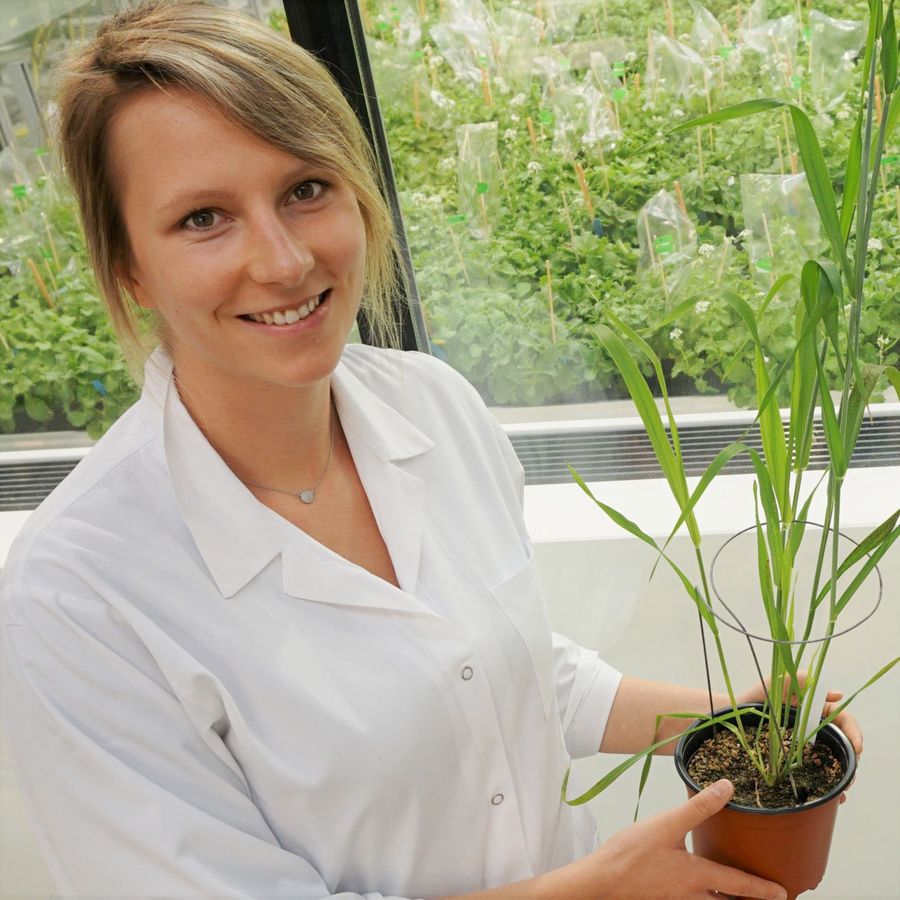Soapbox Science Festival
Why are you participating in the Soapbox Science Festival and what do you expect of it?
Soapbox science is a great platform for women in science and helps them to reach public awareness for their science, but also enables female scientists to get recognized and inspire others to consider a scientific career. These three aspects are important to me as our research is mostly financed by public funds and because women are still underrepresented or not perceived in STEM areas. I am taking part in the Soapbox Science Festival together with my colleague, Dr. Marine Przybyl, and we both hope for interested questions from the audience and look forward to an inspiring day dedicated to science communication.
How do you choose the theme of your presentation and how do you prepare?
The first question that Marine and I have asked ourselves is, "What is the key message that we want to get across to the listeners?" While answering that question, two things have become very clear: First, we want to convey that plant genetics is a relevant area of science and that the resulting research findings not only deepen our understanding of the general molecular principles, but also serve as innovative contributions to plant breeding of cultivated plants. On the other hand, we would like to draw attention to the fact that the profession of a scientist is very exciting, and we want to offer insights into the everyday life of a scientist.
During further preparation we thought about how to communicate our message in a simple and understandable way. It is important to find analogies between complex scientific and everyday matters. Additionally, the choice of a prop is a further support to illustrate the contents of our presentation. The last and most important step of preparation is the exchange with friends and family who are not experts in the field to assure that the presentation is also understandable for non-plant geneticists.
What advice would you give to young female scientists to get a higher visibility on their work? What did you learn and how did you implement this during your doctoral studies at CEPLAS?
I have two suggestions for young female scientists. Tip number 1: Understand why you are researching your topic and what fascinates you about it. Once you have that, it is easier to spread your enthusiasm to others. Also, think of a very short summary of your research in simple words, so that you could explain your work to everyone within a few minutes. Tip number 2: Don't be afraid to talk about your research. To do so, you must first leave your comfort zone. An easy way to get started would be to use social media and then, as a next step, interact directly with others at events like Soapbox Science.
During my time at CEPLAS, I have been given many tools to communicate my research (training in presentation, communication and discussion). At various public events, e.g. at the CEPLAS booth at the Night of Science in Düsseldorf, I was able to practice my learned skills in science communication. I think that CEPLAS is a good role model in the field of scientific public outreach.
